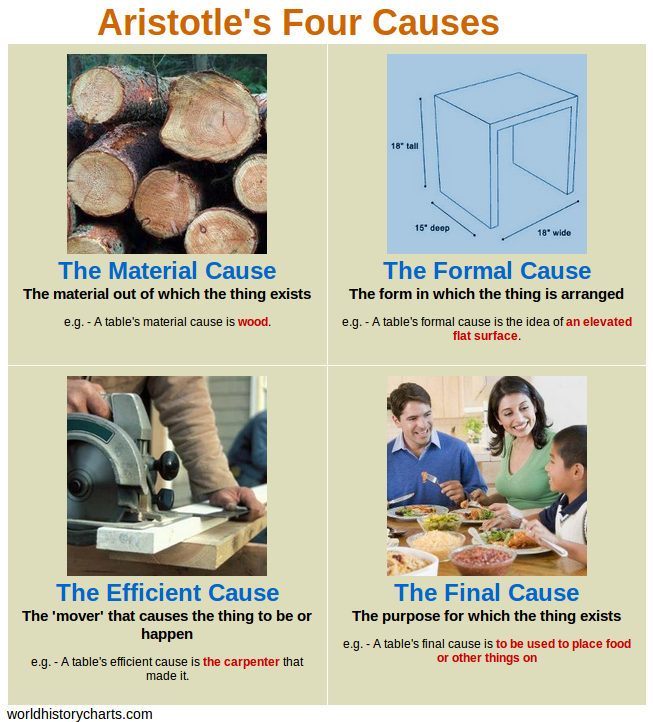
Intelligent designer of nature can be discovered in ways that are similar to Interventionist account of God’s relationship to nature. God just brings things together in ways that sometimes surprise us. Nothing more than what he wills it to be already. Miracles in occasionalism God cannot intervene in the world when the world is Of a miracle, which is another way of saying that there are no occasional Occasionalism thinks God is the immediate mover of every natural process. Intelligent Design assert that an ‘intelligence’ intervenes” into nature. With the interventionist view of miracles and writes that “proponents of Not deny efficient causation and thus have no relation to occasionalism. They might be wrong in everything that they say, but they do They then test their hypothesisīy calculating the probability that a specific set of causes can create newīiological forms. ID theorists infer their hypothesis from an examination ofĮfficient causality and its empirical limits. Occasionalism is accurate, but his claim for its relevance in debates aboutĮvolution is not. Theology, but he is wrong that ID is a species of it. Meredith is right that occasionalism is bad The efficient cause of every event, then the supernatural replaces rather than God builds into nature, what theologians call secondary causation.


Stephen Meredith’s “ Looking for God in All the Wrong Places” in the February 2014 issue of First Things accuses Intelligent Design theory (ID) of beingĪ variant of occasionalism, which he defines as the denial “that efficientĬausality occurs outside God.” Occasionalism blurs the difference between God’sĬausal powers, what theologians call primary causation, and the causal powers


 0 kommentar(er)
0 kommentar(er)
